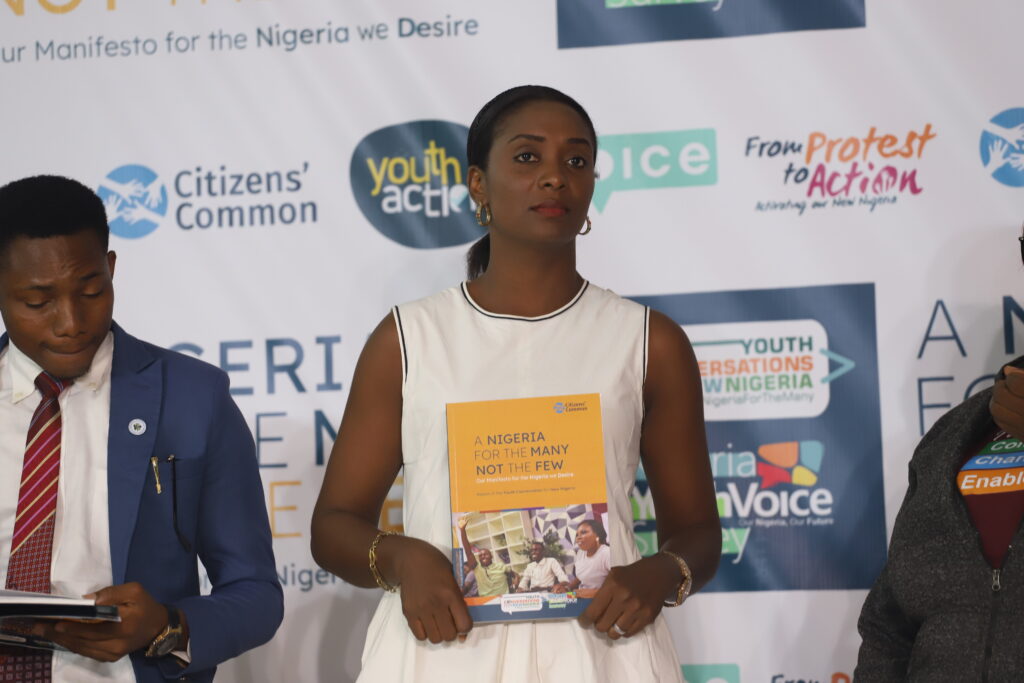
Democracy, Political and Civic Participation
Written By Abiye Briggs
As a means of creating awareness of the power of voting, the constitutional right of every Nigerian, and encouraging eligible Nigerians to Vote, Campus Civic Summit Nigeria “The Students Electoral Voice” by PVC Activism – is a youth-led initiative reducing youth voter apathy, voter suppression, and disenfranchisement of Nigerian students.
It is our objective to deepen the participation of the student body in Nigeria in civic affairs for the immediate and long-term impact it has on our communities and the society at large independent of the Student Union Government.
Engineering civically engaged campus communities to foster the responsible civic engagement of our youths, most especially the first-time voters within our tertiary institutions and colleges in Nigeria is our mission.
Our activism in civic participation and engagement with the student body in Nigeria seeks the need to decentralize the ongoing civic and political conversations which rarely involve Nigerian students especially when they represent more the 50% of the currently registered voters.
We believe that our institutions already have the enabling environment that allows for the understanding of our democratic form of government, politics, and civic participation to foster peer learning among fellow youths and students wherein they develop a strong sense of civic identity with a deeper commitment and the motivation needed for responsible civic engagement on their own.
For this reason, we found it imperative to understand the voting pattern and behavior of young persons of voting age (undergraduate students) in our tertiary institutions and colleges as our focus group.
This exercise further informs what methods and approaches support our advocacy as it seeks to better understand the past, present, and future engagement of the student body in Nigeria in our political process and how they participate.
Furthermore, we enlighten the student body on the several other ways that they can engage and participate in governance and the electoral process as youths.
In our colleges and universities, for instance, many students pass through higher institutions never knowing or taking the advantage of the activities, programs, and events in the student union week. They may also never know that a parliamentary student or youth body exists on campus to be involved in. Hence the need to be involved in all of these areas and avenues is a responsibility in civic engagement.
Another thing the student body can do as a civic responsibility is having a good knowledge or at least a basic understanding of the constitution which is another way to engage and participate in governance; by so doing, they are equipped with the ability and the understanding as to how they can influence change and development as participatory citizens in asides contesting for an office and picking up a permanent voter’s card (PVC) to Vote.
Civic engagement also includes other non-electoral activities and affairs. First and foremost political education, but although we have some form of political education even as a department in many of our campuses, however, that is not enough as it should not end there.
Our campuses are not where they ought to be now in terms of access to political education or information for all students regardless of their course of study.
Going down memory lane, the 1960s, 1970s, and the first 5 years of the 1980s, our university campuses, as well as some secondary school grounds were very politically charged with a lot of political education and activities happening in those spaces.
This was solely because of the presence of a very active unionism practice that sieved into these particular spaces ensuring there was a decentralization of efforts in the civil society in Nigeria at that particular time.
Unfortunately, this is no longer the case, and even if it was, this hasn’t been widespread. We would need to be intentional about ensuring that we carry the student body, youths, and younger Nigerian citizens on board all of these, and the easiest way of doing this is through the universities campuses.
Political education would be to teach as many students as possible the processes in every sphere of governance. It is then imperative that our tertiary institutions are back to what they used to be, being the hubs of pro-democracy and progressive movements in the country.
The establishing and career politicians we currently have today had their origins from being university student activists themselves. They used to be the nucleus of civic engagement and action in their own time.
Also, civic participation in our democratic form of governance can mean demanding accountability and transparency from elected leaders. It takes the form of speaking up against social injustices, human rights, and the abuse of power.
Our students and youths have been well known to be active and passionate about these initiatives. We should trust them and also be intentional about being there to guide them in the process.
In conclusion, getting the student body in Nigeria involved in our democratic form of governance, political education and civic participation are at the core of our advocacy.
We believe students who begin to be civically minded when they are much younger vote and will continue to vote for a better future. They will evangelize the need for active participation among their peers, family members, and relatives; and will advocate discouraging vote selling or sponsorships to engage unethically before, during, and after elections.
Finally, we like for you to look out for our soon-to-be-released report, the “Students Voter Priority and Issues” poll which will present a temperature check of how young and particularly first-time voters view their participation and engagement ahead of the 2023 general election.
It will reflect the voices of 308 students across the 6 geopolitical zones in Nigeria sharing their perspectives, concerns, and issues affecting their right to Vote. We hope you find our contribution insightful and useful with the key findings and recommendations to guide action, policy-making, and the steps to improve their current situation.
Find out more at www.campuscivicsummit.ng
This article is an Excerpt from the report ” A Nigeria For The Many And Not The Few”
About the Author
Recognized by Toastmasters International in Nigeria for his role in Leading to Transform; Abiye is an active citizen contributing to youth participation and increased engagement in the nation’s electoral process. Since 2020, Abiye has been at the forefront of leading the campaign PVC Activism, an aftermath initiative he co-founded from the #EndSARS Protest. He is also the Convener, Campus Civic Summit Nigeria and Founder “The Students Electoral Voice”

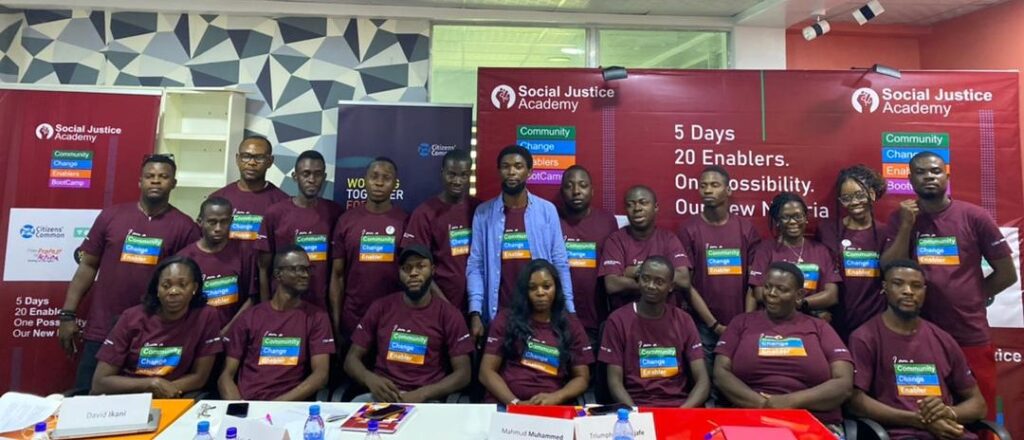
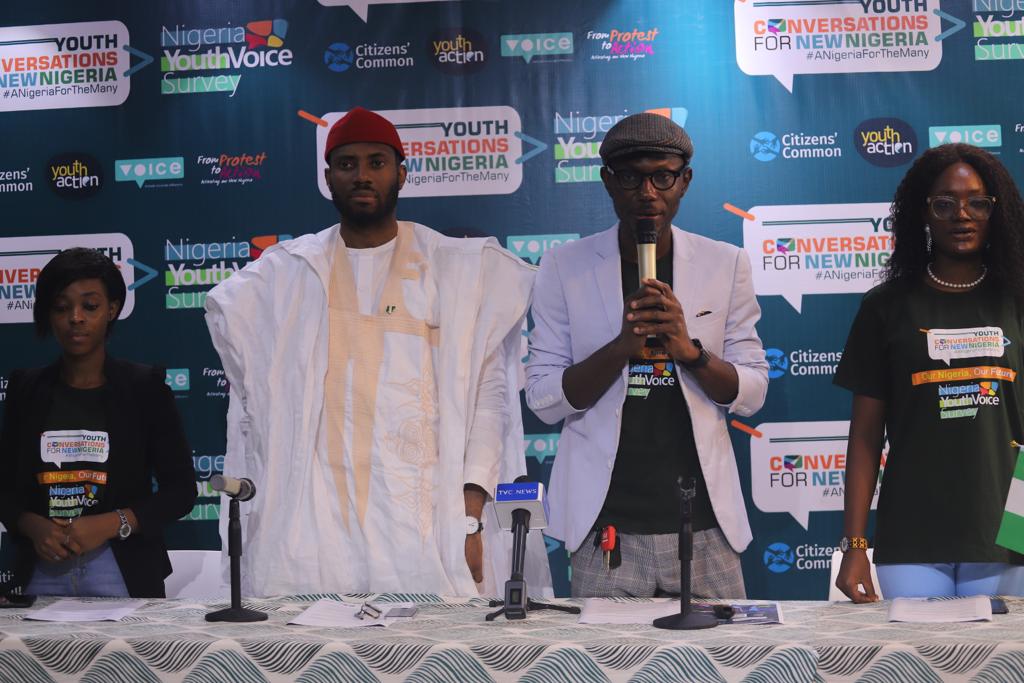
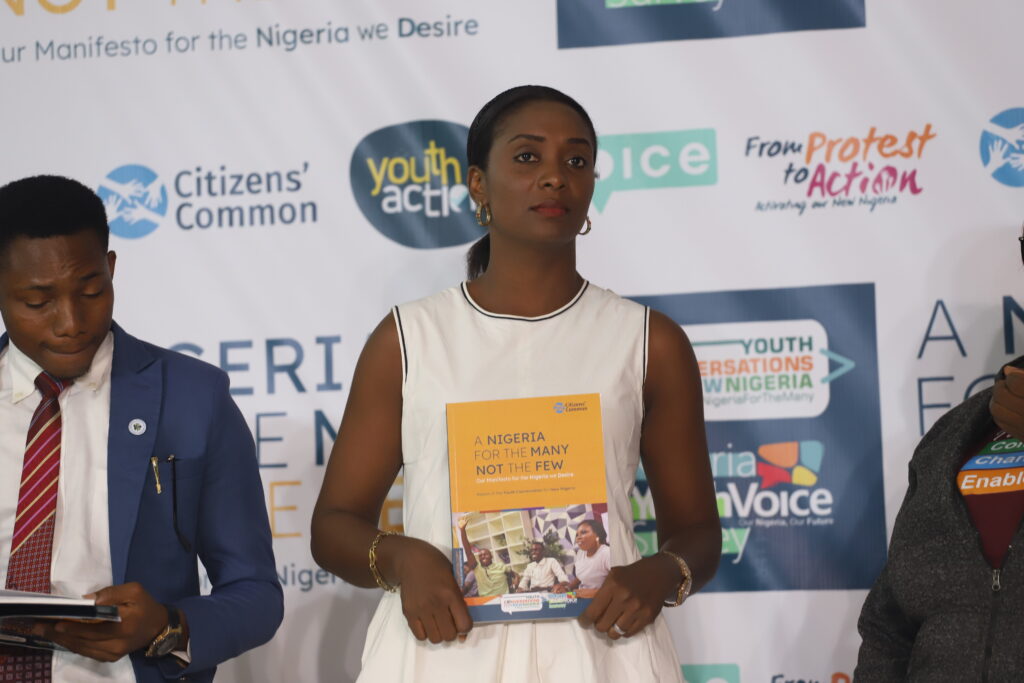
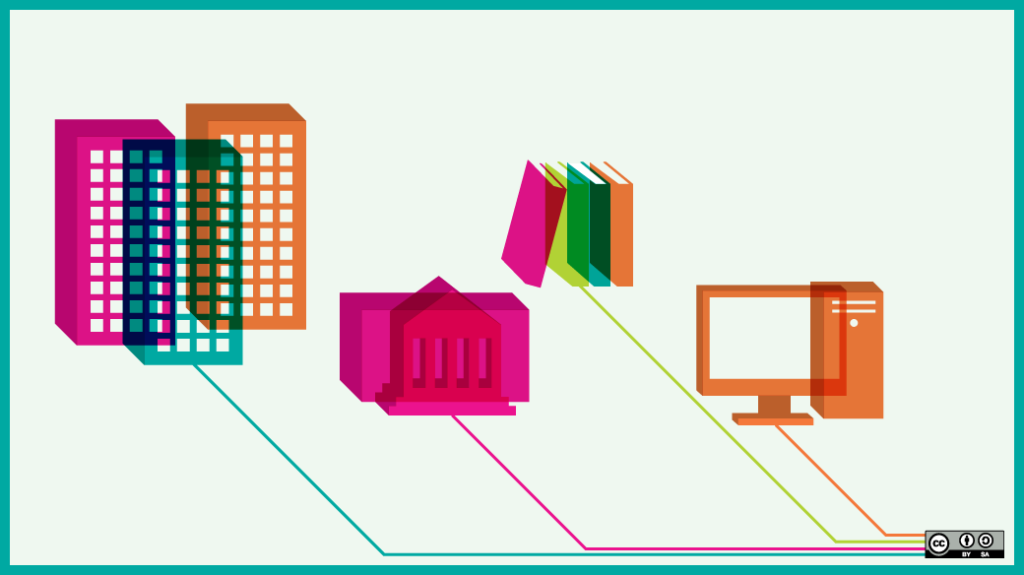



Responses